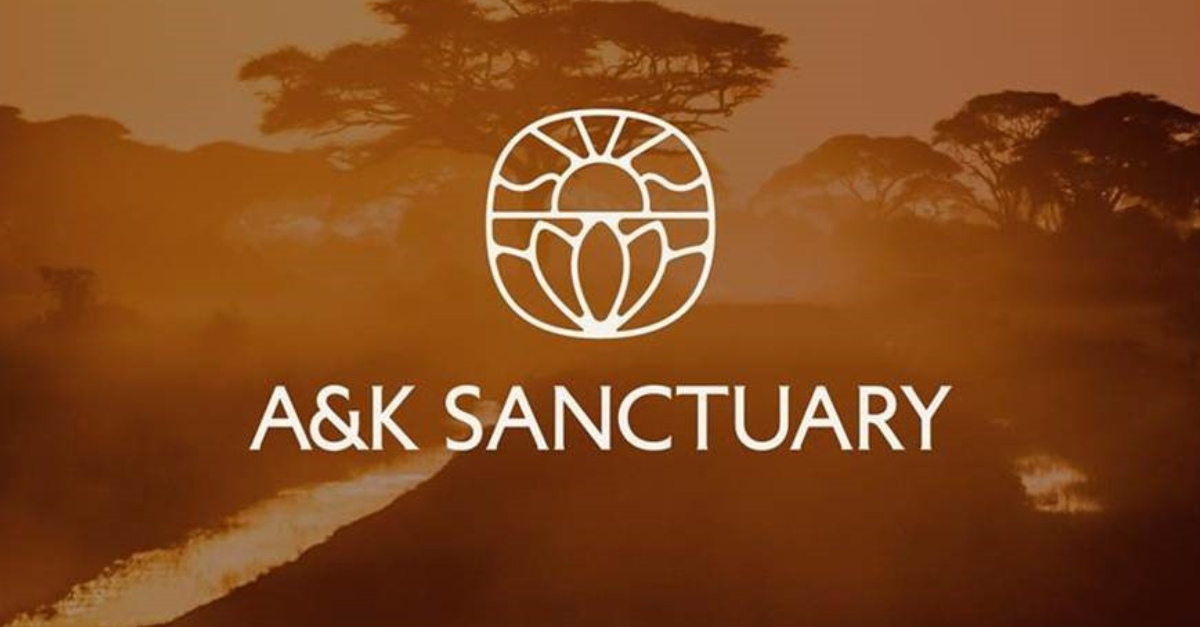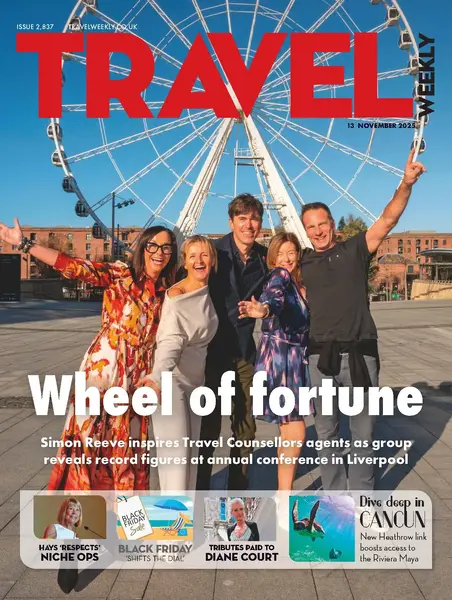Will our 'digital twins' trap us in a loop of predictability?
Steve Endacott weighs the pros and cons of AI’s intuitiveness
As an ardent user of AI tools in my everyday life, I have gained a good understanding of both the benefits and drawbacks of using AI.
For example, when writing blogs, I am happy for AI to check my spelling and grammar, but I will not allow it to rewrite any parts of the blog, because it removes my natural tone and even makes the article sound dull (I know that’s hard sometimes!), using words I would never choose.
Similarly, my attempts to use AI to manage my fantasy football team last year resulted in a mid-table mediocrity, as it selects the same players as everyone else. To win, you need to take risks and stand out.
This made me consider how my future ‘digital twin’ that knows all my buying habits and previous purchases might trap me in a ‘loop of predictability’, where it only suggests things I have already bought.
This loop already occurs with my online grocery shopping, where I often click the ‘repeat purchase’ option. How many of us have 10 comfort softeners in the cupboard because they were ordered at the same time as the washing liquid?
I miss wandering down the supermarket aisle, casually dropping items into the trolley that catch my eye and buying them on impulse; however, the ease of home delivery and the time saved trumps this, locking me into a cycle of a narrow range of choices and products.
It will be interesting to see how inspiration and impulse influence our purchasing journey as our digital twins develop. I suspect that social media platforms like TikTok and Instagram will become the new shopping aisle, with influencers increasingly driving our product selections.
Within the travel industry, influencers have been a powerful marketing force for some time, with companies like Social Trinity and Trending Travel emerging to manage influencer campaigns for travel brands.
Currently, however, this activity mainly focuses on destination and brand awareness, with influencers, for example, being paid to travel to Dubai to create inspiring content that they then share with their online followers, motivating them to experience the product or destination themselves.
It primarily targets the ‘dream stage’ with customers, allowing them to browse the internet and find their own route to book. However, in the future, you might see new booking funnels being developed where this impulse to travel is passed to our digital twins to research and present travel recommendations.
In the USA, TikTok has partnered with Booking.com, allowing viewers to click on location pins within creators’ videos to access Booking.com listings for detailed property information and complete their reservations directly within the app.
Apparently, Booking.com is doubling down on this channel and reducing many other advertising routes, indicating that it’s probably working well. I think collaborations of this nature will create a new travel funnel with Influencers becoming a key inspiration point for travel, as a way for travellers to escape the predictability loop.
It is also likely that more influencers will become travel agents as AI booking tools make holiday bookings easier, and we have already seen Travel Counsellors and InteleTravel actively recruiting in this area.
However, a key defence for travel agents is that it is not easily commodified outside of the mass market, ‘fly-and-flop’ seven-night summer breaks to all-inclusive hotels. Here, an all-inclusive hotel that you rarely leave is not that different from another, so the Netflix approach of ‘if you liked this, you’ll probably like this holiday’ will work efficiently.
Customers’ travel requirements, on occasion, are often more complex. For example, I have entirely different expectations about accommodation standards when travelling on an adventure trip exploring the lost cities in Colombia with G Adventures, compared with a quick weekend break to Ibiza with Jet2holidays.
My digital twin will still know that I prefer to take a taxi to the airport rather than park and want fast-track security passes, but dislike UK lounges that are often crowded. However, it may not be able to predict my next destination with great accuracy.
My twin will likely use basic information about me, such as my age, wealth, educational background, and regional location, to match me with the suppliers’ ‘lookalike’ group and see which trips my peers have taken and what their trip reviews say, as a way of guessing what I might enjoy next. However, this will still be a guess, leaving the option open for human agents.
As I have repeatedly emphasised, making the largest financial commitment of the year six months in advance without receiving tangible goods requires a significant level of trust. Although many people use digital twins for smaller transactions, many customers prefer to speak with their local staff and tell them what they want rather than relying on the judgement of faceless technology.
However, those who have already switched from humans to faceless websites for their simpler holiday needs are likely to be happy to cut down their research time and use their digital twins to handle the searching, creating a short list to choose from.
It is these businesses that I urge to begin implementing their model context protocol (MCP) strategy and prepare for a world where their customers research and purchase their holidays without ever leaving the realm of their AI search engine.
To be 100% clear, I don’t know exactly how these major structural changes happening in our industry will unfold, like most supposed experts, but at least I’m discussing logical potential outcomes and preparing the business I advise for them.


















